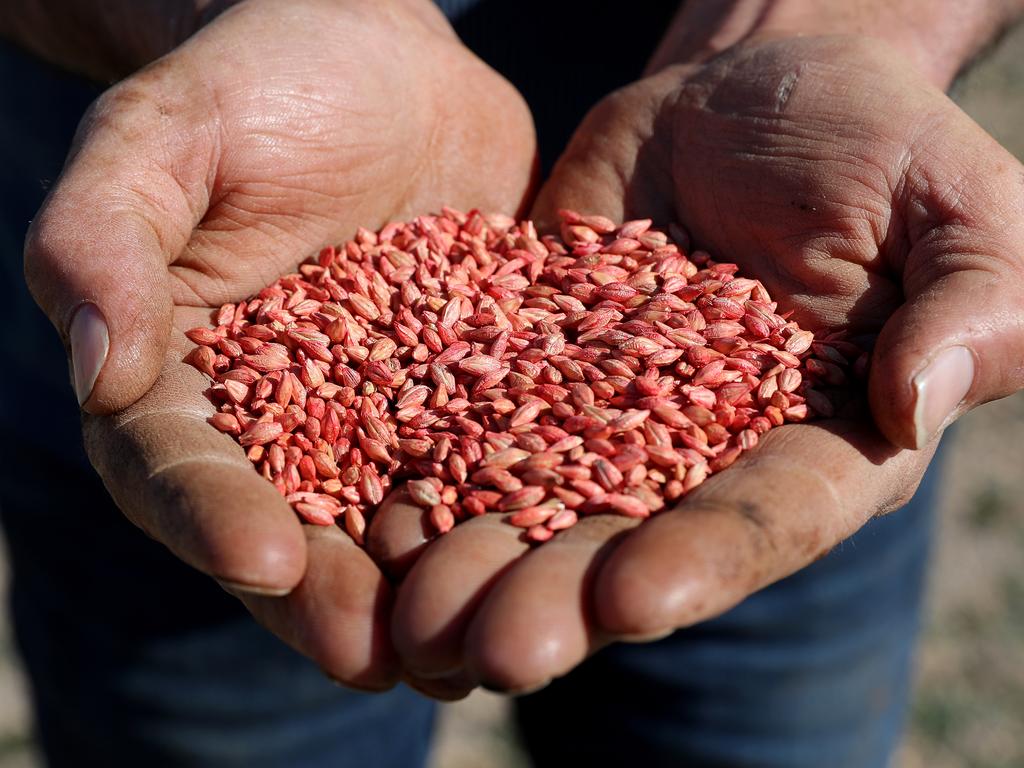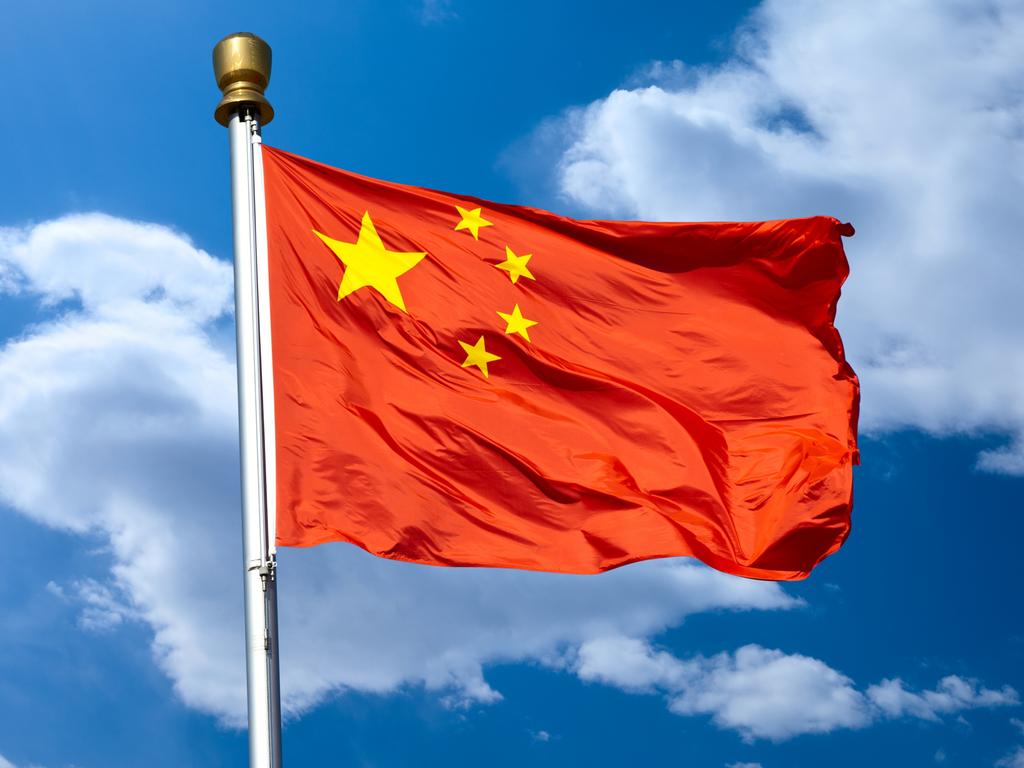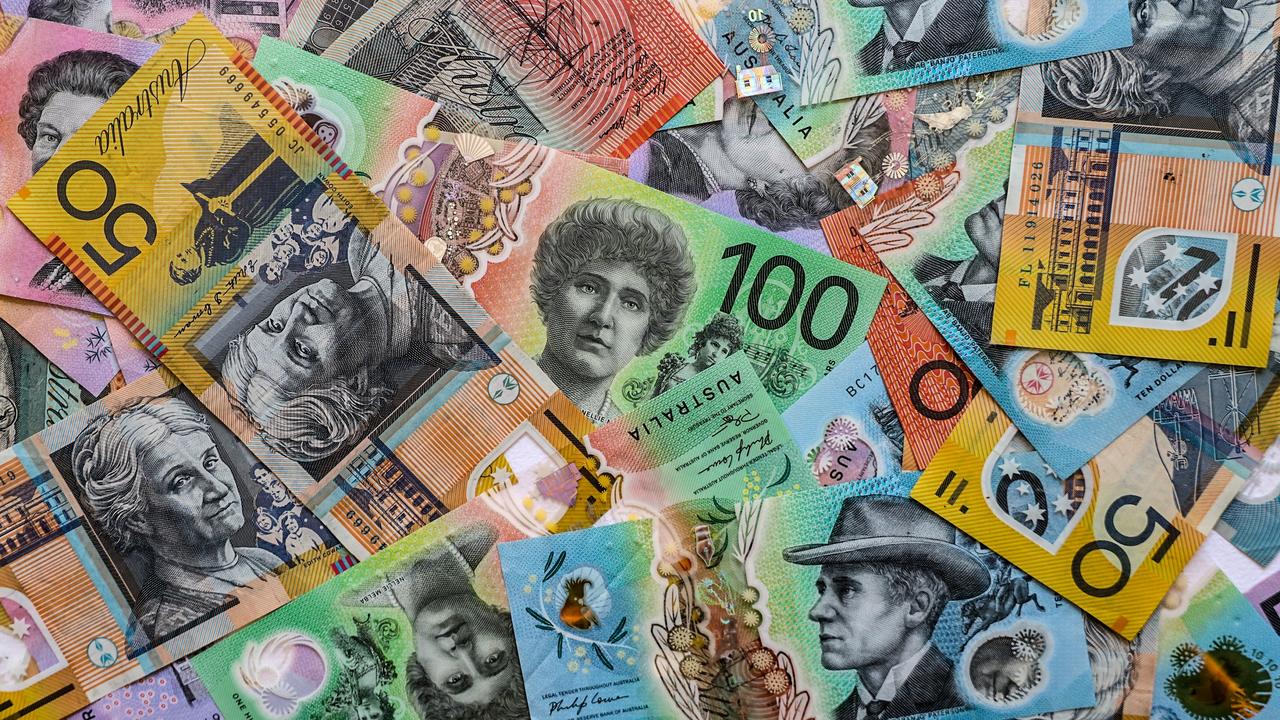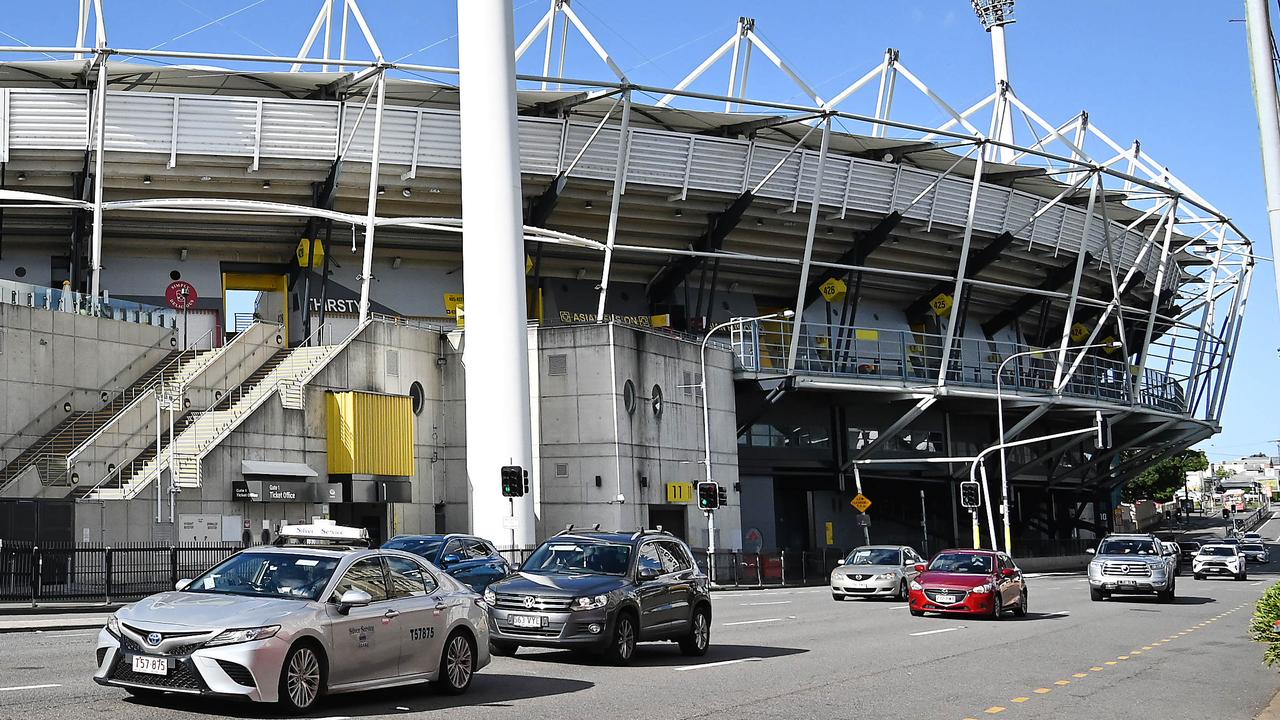How China is hurting itself by attacking Australian exports
Recent sanctions on trade have hit Australia hard, but the attacks come with a price for China, with the nation already feeling some impacts.

There is no doubt that recent trade attacks from China have hit Australia hard, but the sanctions also come with a price for Beijing, with the nation already experiencing some of the negative impacts.
China has introduced tariffs and bans on a range of Aussie imports, including wine, barley, lamb, beef, coal, lobster and timber, with fears more industries could be in the firing line.
While it is clear Australia is suffering from the attacks, experts have warned China won’t come out of this fight unscathed.
Earlier this year China imposed an 80 per cent tariff for five years on the $600 million of annual barley exports from Australia over dumping claims.
RELATED: China’s staggering claim about Australia

RELATED: China slaps Australia with another punishment
Trade Minister Simon Birmingham has strongly denied these allegations and repeatedly called on China to resolve the matter.
Earlier this year, Mr Birmingham also suggested the tariffs would also prove detrimental to Chinese consumers, pointing to research from the Australian Bureau of Agricultural and Resource Economics and Sciences (ABARES).
Modelling showed Australian farmers would likely see a loss of about $330 million, while China could potentially see a loss of $3.6 billion due to its reliance on Australia’s quality barley for brewing beer.
“With Australia’s agricultural production diverted to other activities, exports of other agricultural products in 2025 are estimated to increase,” the ABARES report stated.
“This means the value of Australia’s total agricultural exports (to all countries) would fall by less than what is lost in the trade with China.”
The report claimed the tariff on Australian barley would see Chinese buyers shift to alternative sources for malting barley, which would likely result in lower returns for their products.
“The need to find alternative supplies of barley leads to an increase in demand for Chinese-grown barley. In response, Chinese agriculture shifts towards a less efficient production mix of coarse grains (corn and barley), which further compounds the effect of the tariff,” the report states.
Other negative impacts that China may not have expected have already started to show in other areas.
Since October, Australia’s coal has been unofficially banned from China, with steel mills and power companies reportedly told not to buy our thermal coal.
This has seen the price for Australia’s premium hard coking coal fall by 22 per cent since October, global price reporting agency Argus reported.
But China appears to have created some self-inflicted harm as a result of this attack, due to the country relying on coal to fuel its steel making industry.
Last week, the price of coking coal in China soared to a four-year high, which was blamed on delays in supplies of coal from Mongolia – the biggest supplier of coal to China alongside Australia.
Extra health checks on truck drivers transporting coal from mines in the Gobi desert have been required due to the coronavirus and this has slowed the customs process.
But analysts from Chinese financial information portal Hexun Futures noted in a December 1 update that the restrictions over Australian coal had also contributed, along with tightened measures around coal mine safety supervision.
The situation has seen prices for coal produced in China skyrocket, forcing China to turn to other countries and pay a much higher price than they would for Australian coal.
RELATED: What’s next in China’s firing line

Experts have also suggested that by punishing Australia, some key international allies could also turn on China.
China’s attacks on Australia ramped up after Prime Minister Scott Morrison called on the country to allow an independent investigation into how the COVID-19 virus first appeared in Wuhan.
Professor of international relations at Nanjing University, Zhu Feng, told Bloomberg the bans and tariffs were not only a punishment but also a “precautionary alarm” to other countries who might push back against China.
However, this heavy handed approach could actually have the opposite effect.
“China against any individual country, including quite powerful countries like South Korea or Thailand or even Japan, China would be dominant,” former British foreign secretary, Malcolm Rifkind, told the publication.
“But in the real world when you have such a situation, your potential victims join up to ensure a collective and co-ordinated response.”
Australians have also been called upon to boycott Chinese products this Christmas, in an attempt to hit back against the country’s sanctions.
One Nation leader Pauline Hanson renewed the boycott calls last week, urging Australians to think about who they choose to support these holidays.
“You might think it’s awfully hard, yes it is hard, I get it,” Ms Hanson said in a Facebook video.
“We all have our part to play in this. Think about it when you buy that furniture, that toy, that food, whatever you buy, have a look where it comes from, and if it’s China, let it sit on the shelf.”
Kennards’ Self Storage CEO Sam Kennard also put out a call to arms for Australian businesses to fight back by dropping suppliers from China.
“The Chinese Communist Government has proven to be difficult to trust,” Mr Kennard told NCA NewsWire.
“They’ve placed tariffs on lobster, wine and barley out of revenge or spite and the risk is, you just don’t know who is next.”
– With Charis Chang




